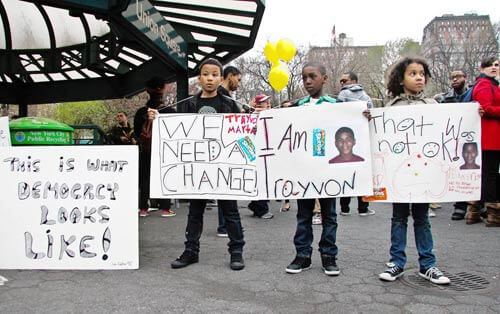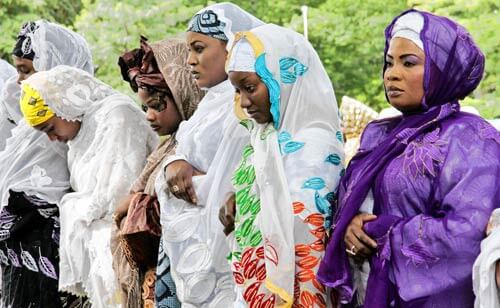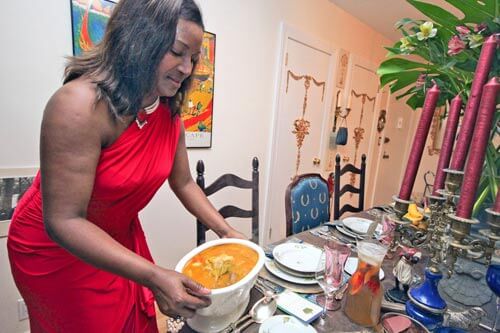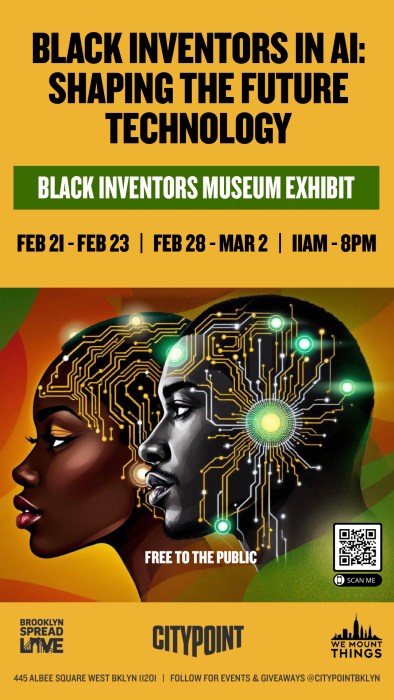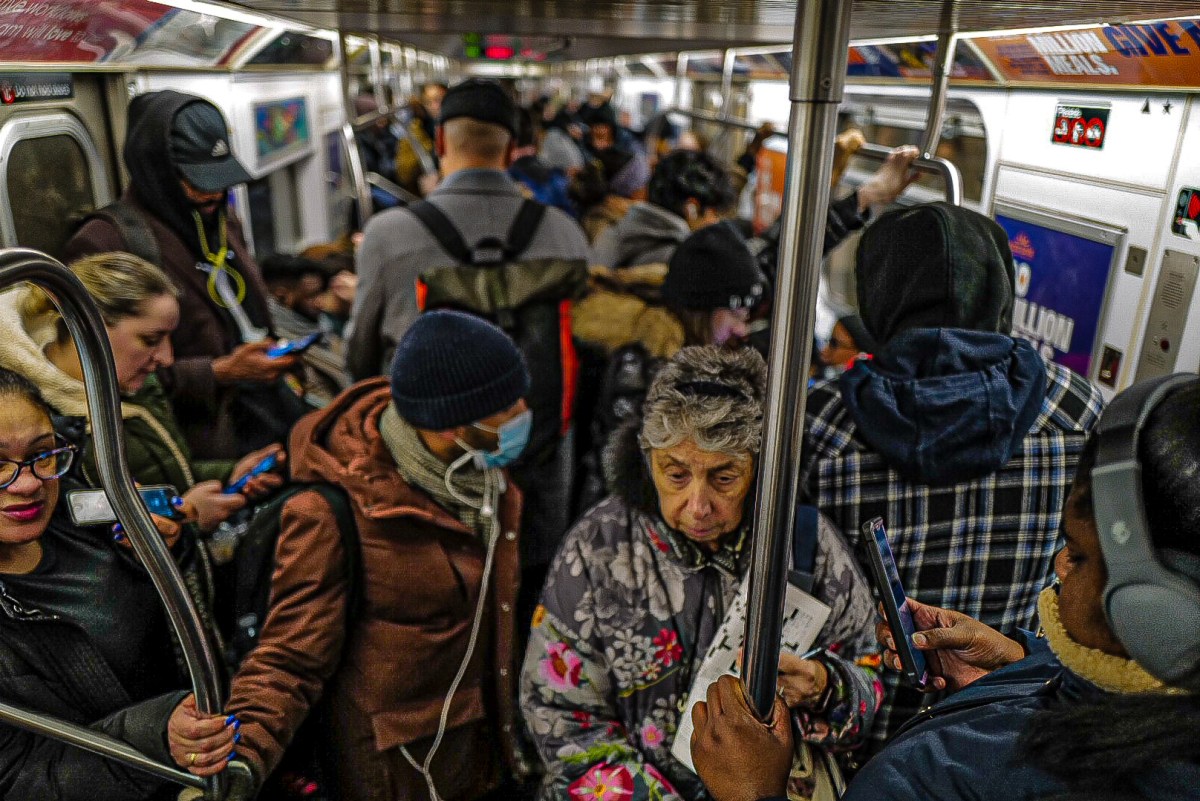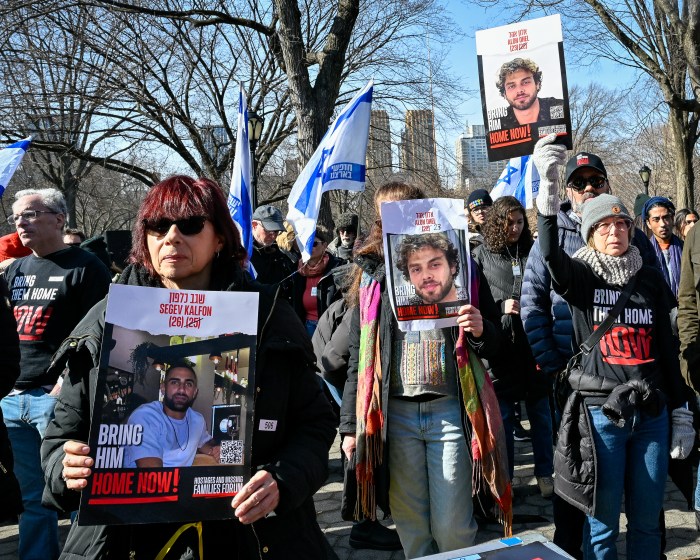Hundreds of demonstrators wearing hoodies rallied at Union Square last week at the “Million Hoodie” march protesting the shooting of Trayvon Martin in Sanford, Florida and demanding the shooter’s arrest.
Martin was returning from the store with a cell phone and box of Skittles, wearing a hoodie, when he was shot by neighborhood watch captain George Zimmerman, because he looked suspicious.
Local activists and New Yorkers compelled to make a statement joined with Trayvon Martin’s parents, in New York for interviews with media outlets. “Our son is your son,” Sabryna Fulton, Trayvon’s mom, said. “This is not a black white thing. This is a right the wrong thing.” Tracey Martin, Trayvon’s father said, “My son did not deserve to die.”
Ralliers wore hoodies in solidarity and to call attention to racial stereotypes.
An internal coordinating committee and Occupy Wall Street organized the rally with external partners including Occupy the Hood, Color of Change, MoveOn.org and local churches.
“We were going to march to the UN but decided to go to Washington Square Park. The police stopped us from crossing 14th St.,” said organizer Daniel Maree, which explains how the march ended up walking west in the street, 14th St. There were slight skirmishes with the police who tried, unsuccessfully, to contain marchers to the sidewalk. Segments of marchers walked to Times Square, others returned to Union Square, while others marched downtown to Manhattan’s Zuccotti Park.
During the days following the New York demonstration, similar rallies took place around the country. Several thousand came out in Philadelphia, hundreds in Iowa; demonstrations were held in Los Angeles and Phoenix.

Photos by Tequila Minsky
The coordinating committee is in touch with Trayvon Martin’s legal team and his parents to decide on the strategic next step that would be most effective to bring George Zimmerman to justice.
The day following the New York demonstration, Sanford Police Chief Bill Lee temporarily stepped down from head of the Sanford Police Department. A public letter from the NAACP calls on the Florida State prosecutor to swiftly pursue justice.
Similar demonstrations in London and Australia are broadening the focus to fight racial discrimination.
A vigil held at Union Square on March 26 read 20 names, paying tribute to victims of hate crimes. Remarley Graham, an unarmed Bronx teen, killed by police in his own home this year on Feb. 8, was one who was memorialized. On March 27, Trayvon’s parents testified in Washington on Capital Hill about racial profiling.
“We are coordinating with local leaders and actively looking at what’s next,” Maree said. Organizers are thinking about a massive rally near the two-month anniversary (April 26) of Trayvon’s death.



